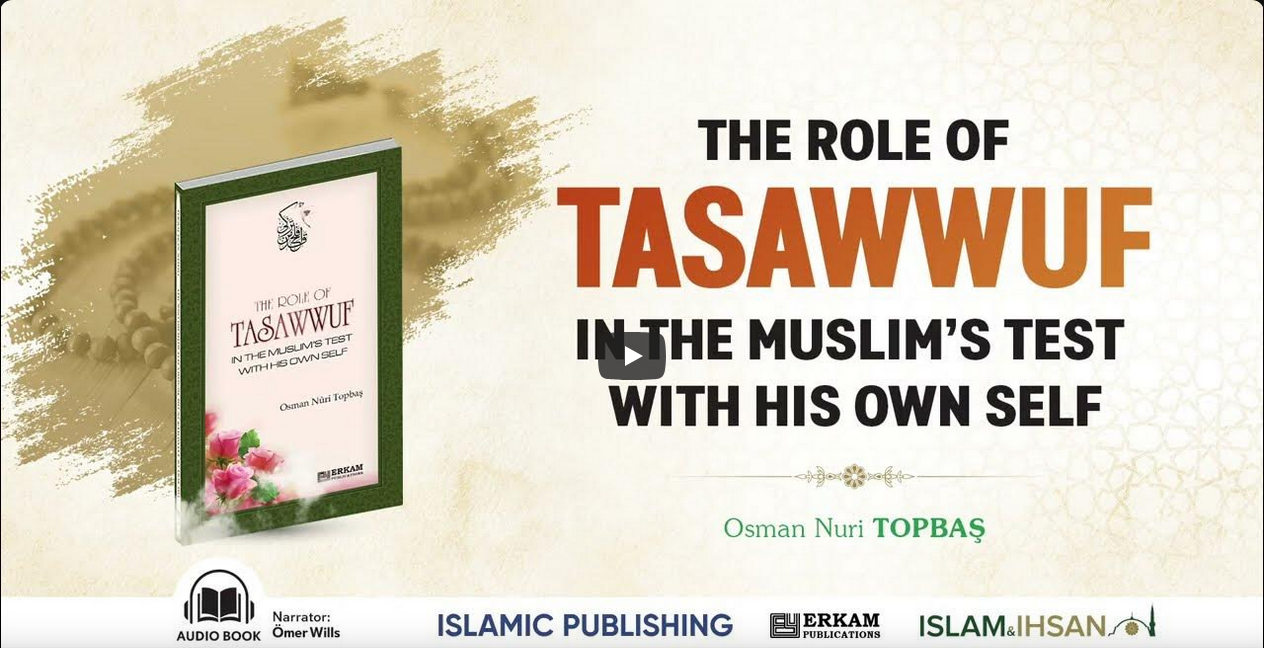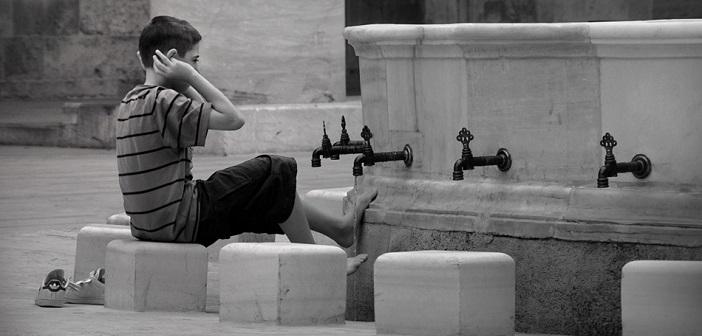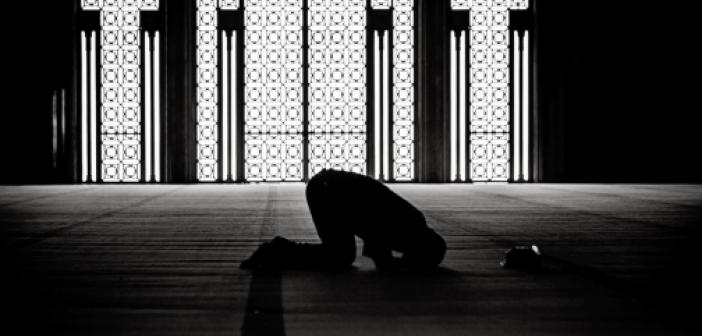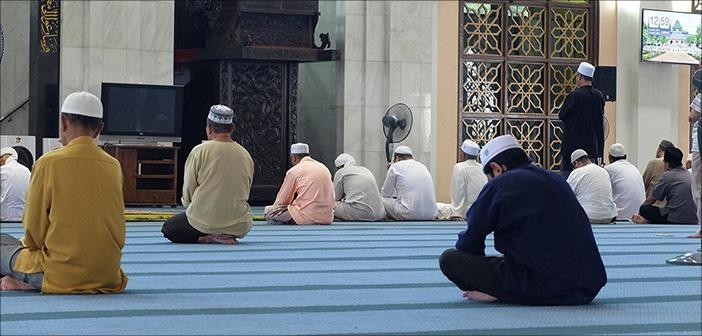
What is Forbidden in Islam?
What is forbidden? What is forbidden in islam?
At this point it is important to note that in Islamic law there is a maxim which states that everything is permissible except what the Law Giver, Allah, may He be glorified and exalted, has clearly forbidden either in the Quran, or it is forbidden according to the Prophet’s Sunnah. Moreover, another maxim states that whatever leads to the prohibited is itself forbidden. Finally, there is a maxim, which states that forbidden items may be treated as lawful for an exact temporary period, and should be subject to extremely strict rules, in the case of very urgent and compelling necessities, such as, starvation.
The Shari’ah originates in the divine revelation and is an integral part of the lives of Muslims. Its rules are both legal and religious at the same time. According to the Shari’ah, there are five values given to all aspects of life, which are as follows; obligatory (wajib), recommended (mandub), permissible (mubah), reprehensible (makruh), and forbidden (haram). A lot of the daily life either falls within the recommended, i.e. the Sunnah of the Prophet Muhammad (peace and blessings be upon him) or mubah, i.e. that which is neutral to legal and religious edicts. The more popular concepts of permissible and prohibited (halal and haram), are also both religious and legal categories that involve duties toward God and fellow human beings. It is important for the new Muslim to recognize that by avoiding what is forbidden, he or she is setting a tone for a healthy and sound way of life.
It is not within the scope of this section to discuss all of the prohibited aspects that Islam categorizes, however, the author will attempt to list a few. Allah states in the Qur’an;
“Say: ‘Come, I will recite what your Lord has prohibited you: Join not anything in worship with Him; be good and dutiful to your parents; kill not your children because of poverty - We provide sustenance for you and for them; come not near to shameful sins (or illegal sexual intercourse), whether committed openly or secretly, and kill not anyone whom Allah has forbidden, except for a just cause. This He has commanded you that you may understand. And come not near to the orphan’s property, except to improve it, until he (or she) attains the age of full strength; and give full measure and full weight with justice. We burden not any person, but that which he can bear. And whenever you give your word, say the truth even if a near relative is concerned, and fulfill the Covenant of Allah, This He commands you, so that you may remember.’ Verily, this (way) is my Straight Path, so follow it, and follow not (other) paths, for they will separate you away from His Path. This He has ordained for you that you may become pious.”[1]
There a numerous matters that are clearly forbidden in the Qur’an and the Sunnah and are recognized as sins. Firstly, Muslims are forbidden explicitly to worship anyone or anything other than Allah, may He be glorified and exalted. This is followed by numerous prohibitions and I will cite a few here. In Islam killing without just cause, i.e. murder is forbidden and so is suicide. Abortion is forbidden with the only exception being when the mother’s life is in lethally threatened. Moreover, taking or giving interest (usury), fraud, stealing, gambling, slandering, drinking alcohol, eating any pork product, and taking any drugs that cause intoxication, are all prohibited. Self-mutilation as part of religious rites or in response to grief is strictly forbidden, as well as, scarring or tattooing the body regardless of any cultural custom. Sexual relationships outside marriage are totally prohibited; therefore, adultery and homosexuality, which are not only personal sins, but are very serious crimes against the foundations of society, are firmly prohibited. These are some of the aspects of life that have been explicitly and permanently forbidden in Islam. It is important for the new Muslim to appreciate that these laws are present in Islam due to Allah’s Wisdom, to make the person a good servant of Allah; they are not intended as any form of hardship. Allah says in the Qur’an; “Allah intends for you ease, and He does not want to make things difficult for you”,[2] and, “Allah does not want to place you in difficulty, but He wants to purify you, and to complete His Favor on you that you may be thankful”[3]
[1].Q. 6:151-153[2].Q. 2: 185[3]. Q. 5:6
Source: Islam For New Muslims An Educational Guide,Assoc. Prof. Amjad M. Hussain, Erkam Publications
Reverting to Islam

What is Islam?












